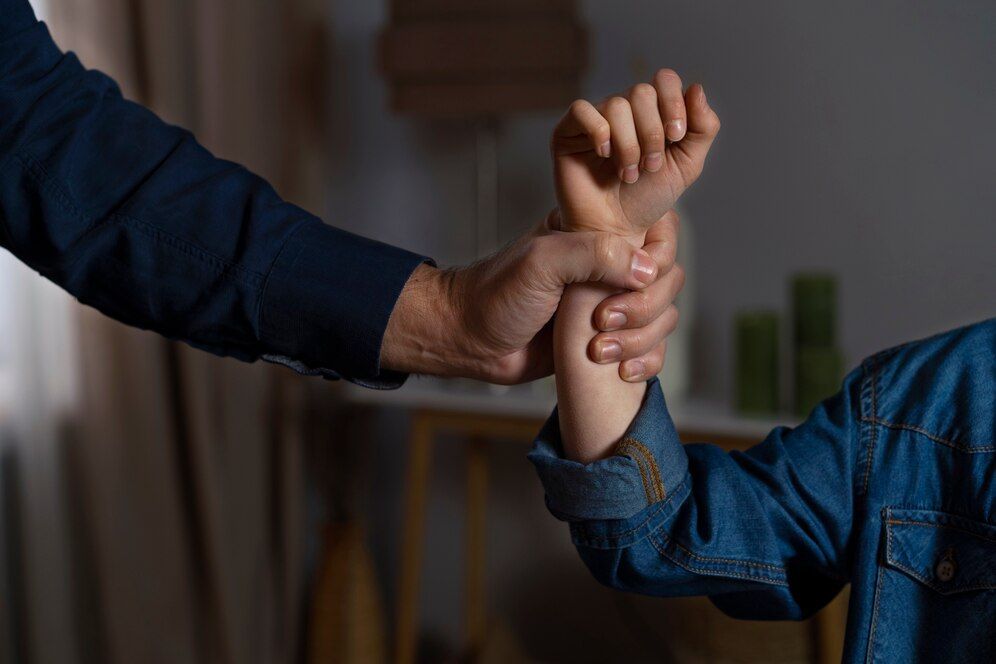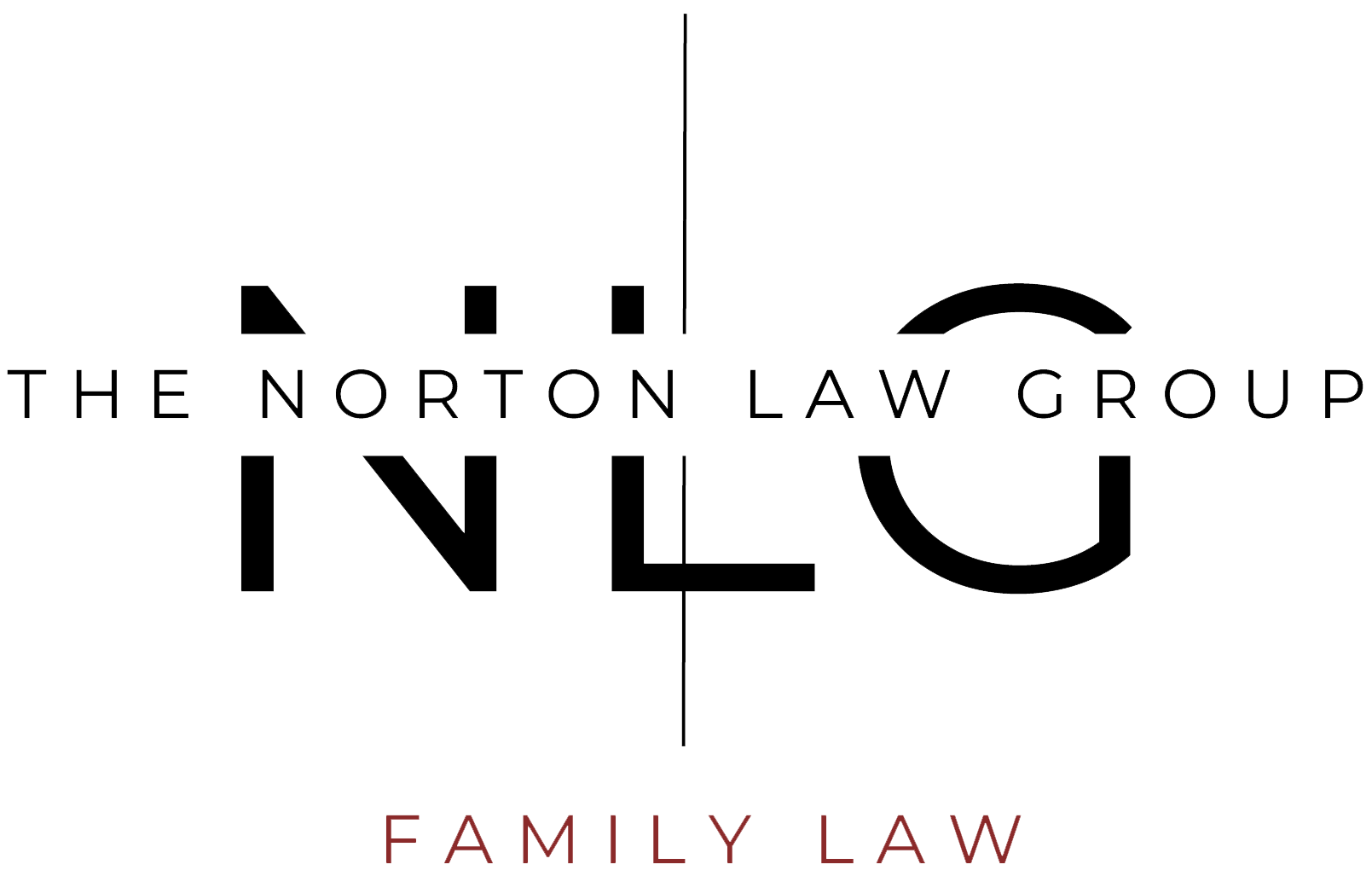Dispute Resolution before commencing Family Law Proceedings
Before any application can be filed in the Federal Circuit and Family Court of Australia, parties are required to make a genuine effort to settle their dispute through at least one method of Dispute Resolution.
Many matters are capable of resolution at this early stage in what is described as the pre-action procedure phase. Settlement negotiations can take various forms including:
- Direct negotiation between solicitors;
- Roundtable settlement conferences;
- Mediations;
- Arbitration;
- Collaborative Practice.
Negotiation is probably the most common form of dispute resolution. Most commonly, negotiations are done by way of letters between legal representatives to kick start the process. Negotiations can also be had through a face to face ‘round table’ conference where solicitors and parties meet to resolve matters.
Mediation is designed around interest-based negotiation. Mediation often provides a faster and more cost-effective resolution of your matter. The process also empowers you to come to your own decision based on your family’s needs. Mediation can be an informal process, such as family members or friends talking through parties issues in dispute, or a formal process, which involves a professional mediator. The goal of mediation is to avoid the long, stressful and expensive process of going to court.
Collaborative practice is a method of working towards settlement without litigation. We utilise methods of dispute resolution, mediation and negotiation through several collaborative meetings. We work together over several meetings, often with child and financial experts, to negotiate a settlement. After a series of meetings where we work through issues and map out a pathway forward, settlement documents are drafted, and your divorce is finalised. Our partner, Gabriella Arvanitis, is educated in Collaborative Practice and is a member of the International Academy of Collaborative Professions and Australian Academy of Collaborative Professionals.

Family counselling may assist parties and their children deal with personal and interpersonal issues relating to marriage, separation and divorce. Family Counsellors can assist parties in communicating and co-parenting effectively, prioritising children’s best interests, reaching agreements and managing the emotional impact of separation.
Family Dispute Resolution (FDR) is a special type of mediation which involves a trained Family Dispute Resolution Practitioner who independently assists parties in resolving some or all disputes arising from a separation or divorce. FDR practitioners cannot provide legal advice or impose a decision, but highly skilled mediators who are trained in assisting separating parties make decisions that result from their situation. FDR can also be offered by the Court with a judicial registrar who has been authorised as a Family Dispute Resolution to Practitioner. When a party makes an application to the court for parenting matters, the parties must file a certificate from an accredited FDR practitioner under s 60I of the Family Law Act 1975 (commonly known as a Section 60I Certificate). However, exceptions to the requirement to participate in FDR exist, and include where agreements are being formalised through ‘consent orders’, situations of family violence, child abuse, and urgency.
Want more information? Once we have a better understanding of your matter, we can assist you on determining the best way forward in terms of dispute resolution to remain out of Court. Contact our team of specialist Family Lawyers in Sydney to arrange your first consultation. We offer appointments at our North Sydney Family Law Office, Sydney CBD Family Law Office or Leichhardt Offices.






